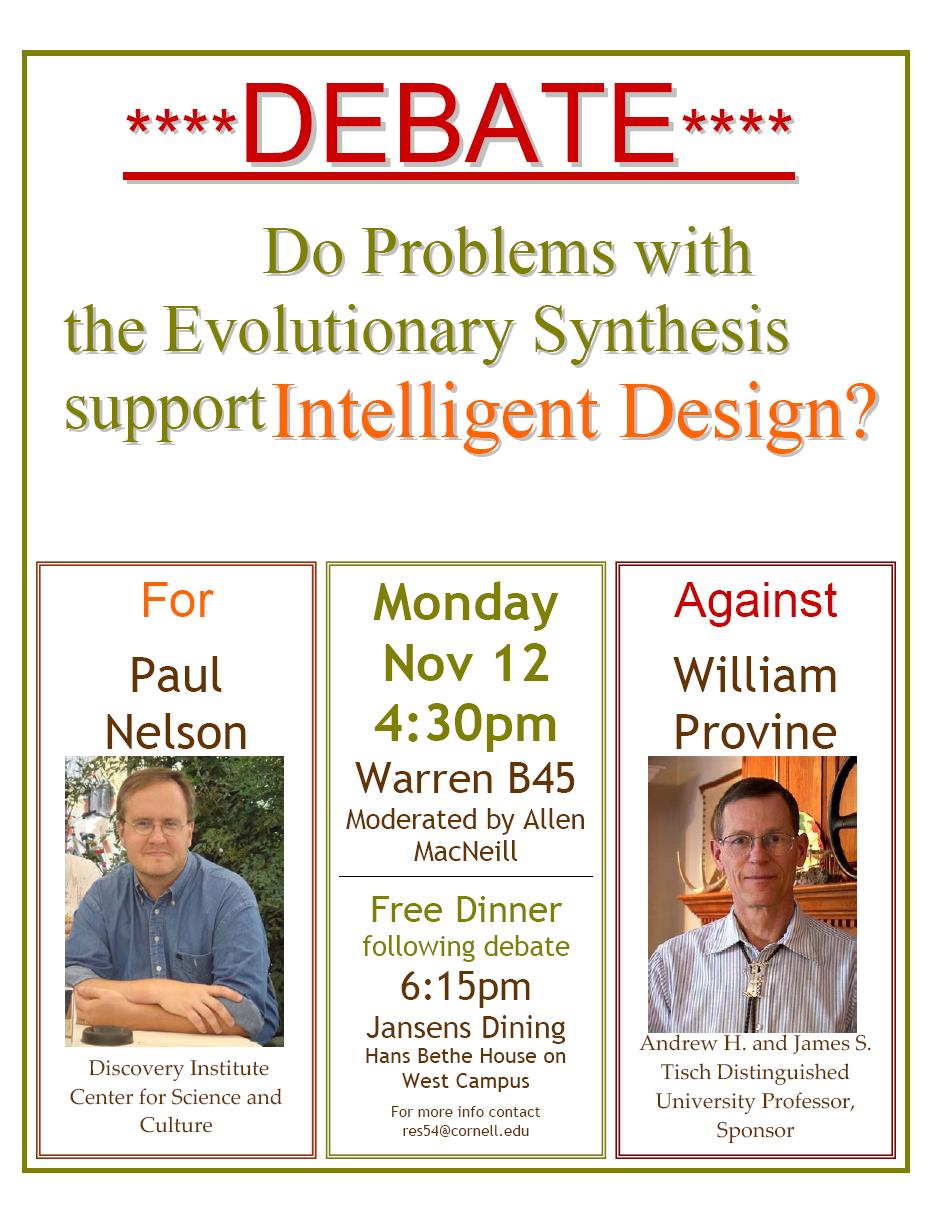
As an undergraduate studying evolutionary biology — like many other such students, I suppose — I read Will Provine’s classic The Origin of Theoretical Population Genetics (University of Chicago Press, 1971), a standard history of the laying of the mathematical and conceptual foundations, in the work of Fisher, Haldane, and Wright, of what later came to be known as the Evolutionary Synthesis (i.e., textbook neo-Darwinism).
When Chicago reissued the book in 2001, Provine added a remarkable Afterword. With characteristic candor, he wrote that “my views have changed dramatically.” Natural selection, for instance, Provine no longer saw as a “force” or “mechanism” of any kind:
Natural selection does not act on anything, nor does it select (for or against), force, maximize, create, modify, shape, operate, drive, favor, maintain, push, or adjust. Natural selection does nothing….Having natural selection select is nifty because it excuses the necessity of talking about the actual causation of natural selection. Such talk was excusable for Charles Darwin, but inexcusable for evolutionists now. Creationists have discovered our empty “natural selection” language, and the “actions” of natural selection make huge, vulnerable targets. (pp. 199-200)
On November 12, Provine is sponsoring a debate (with me) at Cornell University, where the question on the table is this: If textbook neo-Darwinism — the Evolutionary Synthesis — fails, what follows? I’ll argue that ID gains support; Will tells me he’s going to argue that ID gets bupkis. But we’ll start by summarizing where we agree about the shortcomings of the standard theory.
The debate, moderated by Allen MacNeill, will occur in Room B45 of Warren Hall, at 4:30 PM on Monday, November 12. A dinner will follow at the Hans Bethe House.